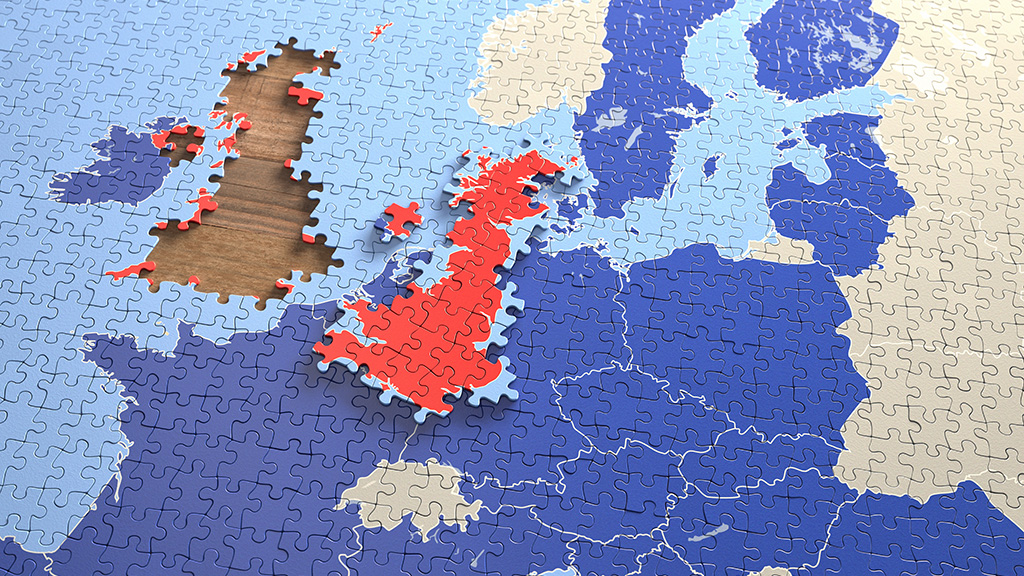
UK writers and other creative professionals have an unparalleled impact on our cultural life at home and our influence abroad. They play a pivotal role in the success of the creative industries, which generate over £100bn a year for the UK economy and have considerable cultural influence both here and overseas.
It is vital that Brexit does not destabilise this success, and the UK Government must ensure that the national policy framework is favourable towards writers and other creative practitioners. The Society of Authors’ Brexit briefing, ‘No Bargaining Chip’ (see below for PDF download), sets out our key areas of concern, and our key demands of government and policy-makers to maintain the success of our cultural sector after we leave the European Union. These relate to areas such as copyright, free movement, access to funding, trade and exhaustion of intellectual property rights.
The Society of Authors welcomes some of the proposals contained within the Withdrawal Agreement and the Political Declaration on the future framework between the UK and the EU, particularly around customs and intellectual property. However, most of our central concerns relate to issues that will only be addressed in future negotiations with the EU or in domestic legislation.
Linda Grant, speaking on the importance of free movement for the cultural sector, said:
The free movement of ideas and of individuals are essential for the creative life. We need to travel for research and to reach new audiences. The cultural sector in the UK benefits similarly from our ability to attract European writers. We need to preserve our close ties with Europe, and scrapping free movement for workers in the cultural sector will cause huge damage to the industry.
Joanne Harris, speaking on the importance of trade with the EU, said:
The British are world leaders when it comes to creativity. And the EU is the publishing industry’s most important market for physical books, currently accounting for 36 percent of all our book exports. But we can’t afford to be complacent. We can’t just assume that our creative industries will have the same importance if we lose our easy access to European markets. We need to be able to trade easily with Europe and the rest of the world. We need customs arrangements in place that allow us to move goods swiftly and efficiently. Otherwise we risk becoming increasingly marginalized, with disastrous results for the publishing industry, and the creative arts as a whole.
Joanna Trollope, speaking on the importance of copyright and exhaustion of rights, said:
In the UK, there is currently one of the highest standards in the world on creative copyright. It is crucial that this is maintained after Brexit, and not diluted as part of future trade deals or used as some kind of bargaining chip. We need to enshrine our own gold standards, as well as obliging publishers to provide authors with accounting information, into UK law well before we leave. We also need the government to protect in law the UK position on the exhaustion of rights. Failure to do this could fatally undermine the whole UK publishing industry.
CONTACT:
For further information please contact Tim Gallagher – tgallagher@societyofauthors.org
NOTE FOR EDITORS:
The Society of Authors is the UK trade union for more than 10,500 writers, scriptwriters, illustrators and literary translators, at all stages of their careers. We’ve been advising individuals and speaking out for the profession since 1884.





